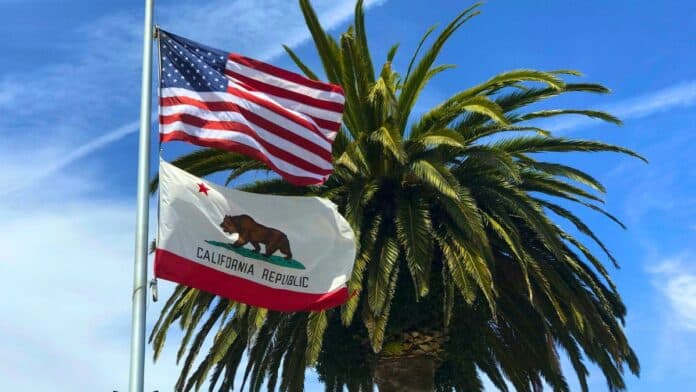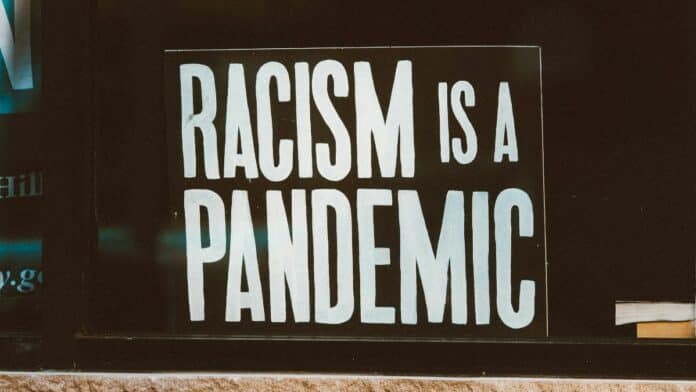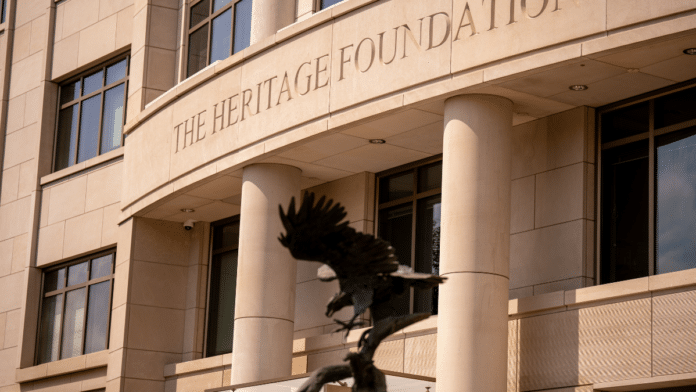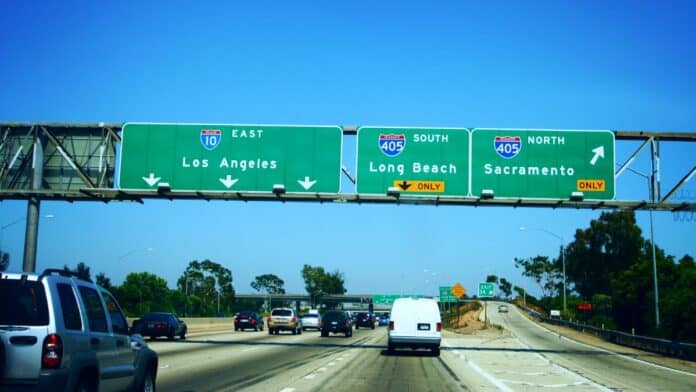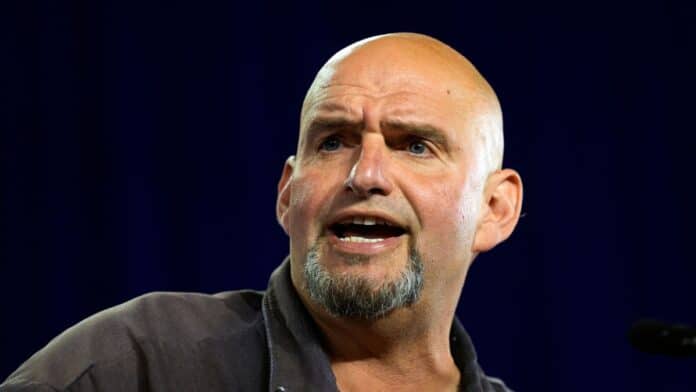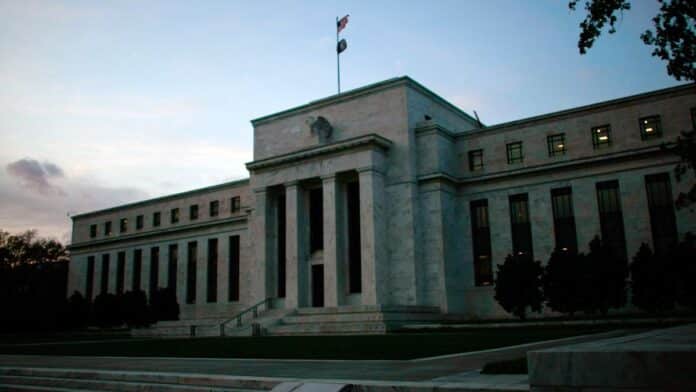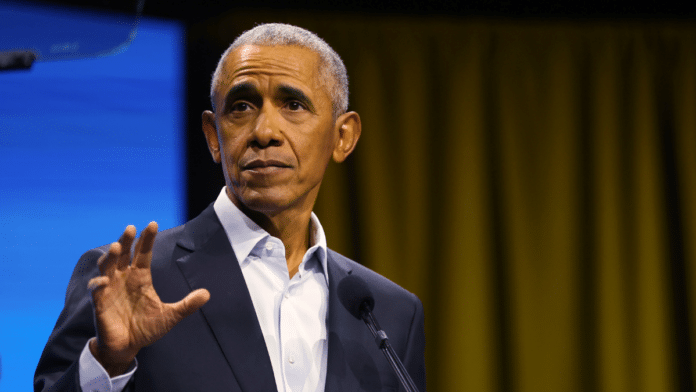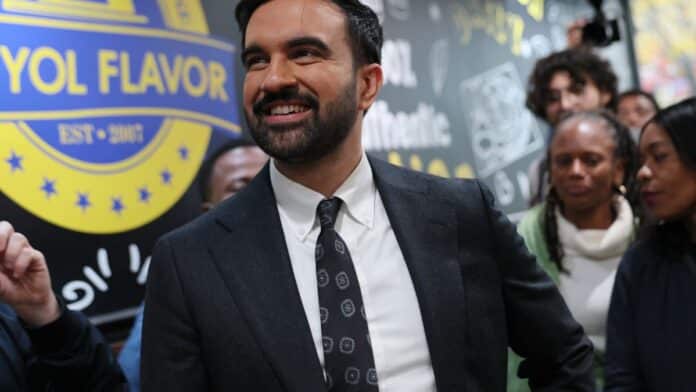President Donald Trump’s administration responded after cartoonist Scott Adams issued a public plea for urgent help obtaining cancer treatment. On November 2, 2025, reports confirmed that Trump’s team, including Deputy Chief of Staff Dan Scavino, began working to assist Adams following his online request.
Adams, the creator of the comic strip “Dilbert,” announced earlier this year that his prostate cancer had spread to his bones and was believed to be terminal. In a public post, Adams stated that Kaiser Permanente of Northern California had approved the drug Pluvicto—a treatment known to slow the progression of advanced prostate cancer—but delayed scheduling the IV infusion. He warned that the delay might cost him his life.
In his message, Adams directly appealed to President Trump, saying, “I will ask President Trump if he can get Kaiser of Northern California to respond and schedule it for Monday. That will give me a fighting chance.” Trump’s team immediately took notice. Scavino posted that the president and his staff were now monitoring the case, and Robert F. Kennedy Jr. also reached out offering assistance.
The case highlights a growing issue in modern healthcare: access to approved treatments is often delayed not by medical regulation, but by administrative backlogs and systemic inefficiencies. Even when a patient is eligible for life-extending therapy, bureaucratic red tape can stand in the way of timely care.
For many Americans, the incident is a reminder of the real-world consequences of healthcare delays and the value of executive leadership willing to cut through red tape. President Trump’s responsiveness stands in contrast to what critics view as a slow, impersonal system where patient urgency is often lost in layers of process.
The situation has drawn national attention not just because of Adams’ public profile, but because it underscores how even high-profile patients face life-threatening obstacles in today’s healthcare system—unless someone in authority steps in.



